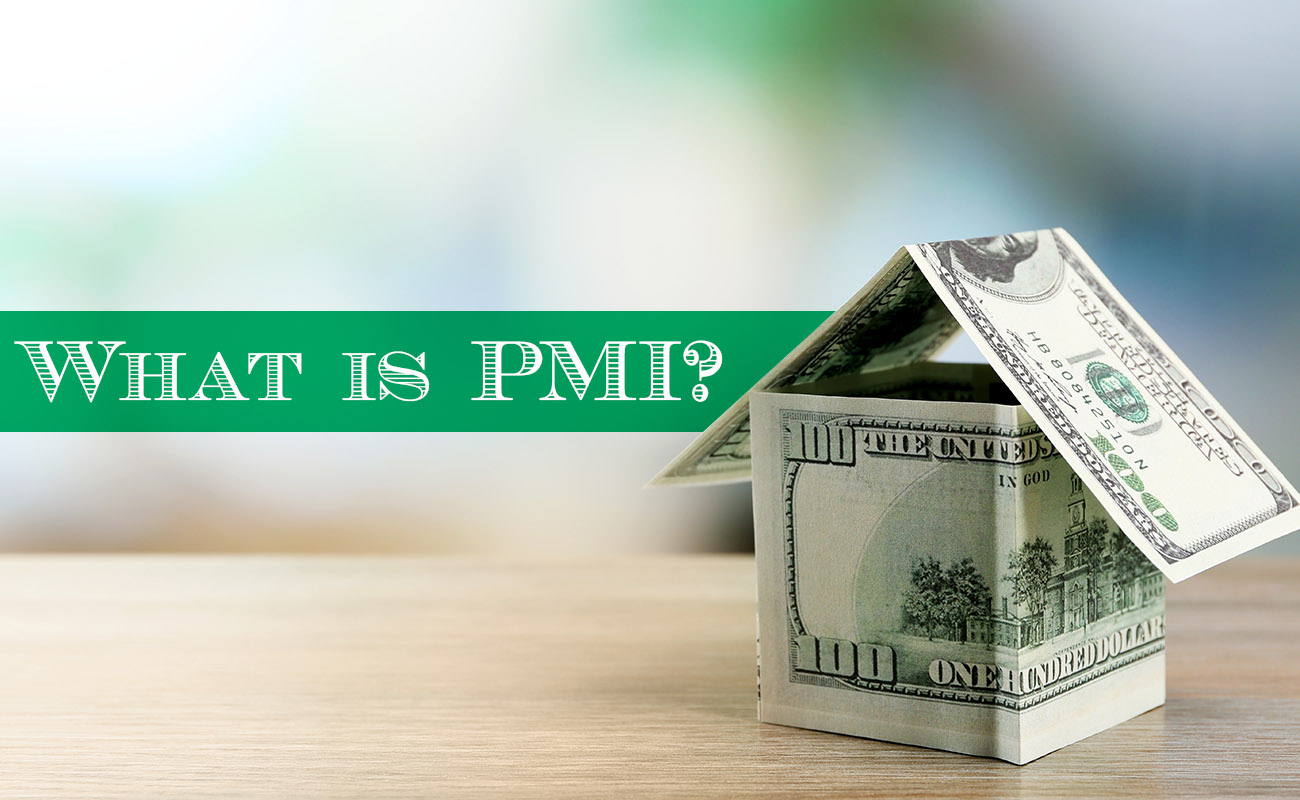The Marquee Loop: Private Mortgage insurance
Private Mortgage Insurance (PMI) is a type of insurance that protects lenders in case a borrower defaults on their mortgage loan. PMI is typically required when a borrower makes a down payment of less than 20% of the home’s purchase price or appraised value.
The purpose of PMI is to mitigate the risk to the lender by providing an additional layer of protection. In the event of a foreclosure, PMI helps compensate the lender for any losses incurred. This insurance coverage allows lenders to offer mortgage loans with lower down payment requirements, making homeownership more accessible to borrowers who may not have a large amount of upfront cash.
PMI is usually arranged by the lender and paid for by the borrower as part of their monthly mortgage payment. The cost of PMI varies depending on factors such as the loan amount, the borrower’s credit score, and the loan-to-value ratio (LTV) of the mortgage. The LTV ratio represents the percentage of the home’s value that is financed through the mortgage loan.
It’s important to note that PMI is typically required for conventional loans, which are not insured or guaranteed by the government (such as FHA or VA loans). Once the borrower’s equity in the home reaches 20%, either through regular mortgage payments or an increase in the home’s value, they may be able to request the cancellation of PMI. Alternatively, PMI is automatically terminated when the borrower’s equity reaches 22% based on the original property value.
If you’re considering getting a mortgage and have questions about PMI, it’s best to consult with a mortgage lender or financial advisor who can provide personalized advice based on your specific circumstances.


